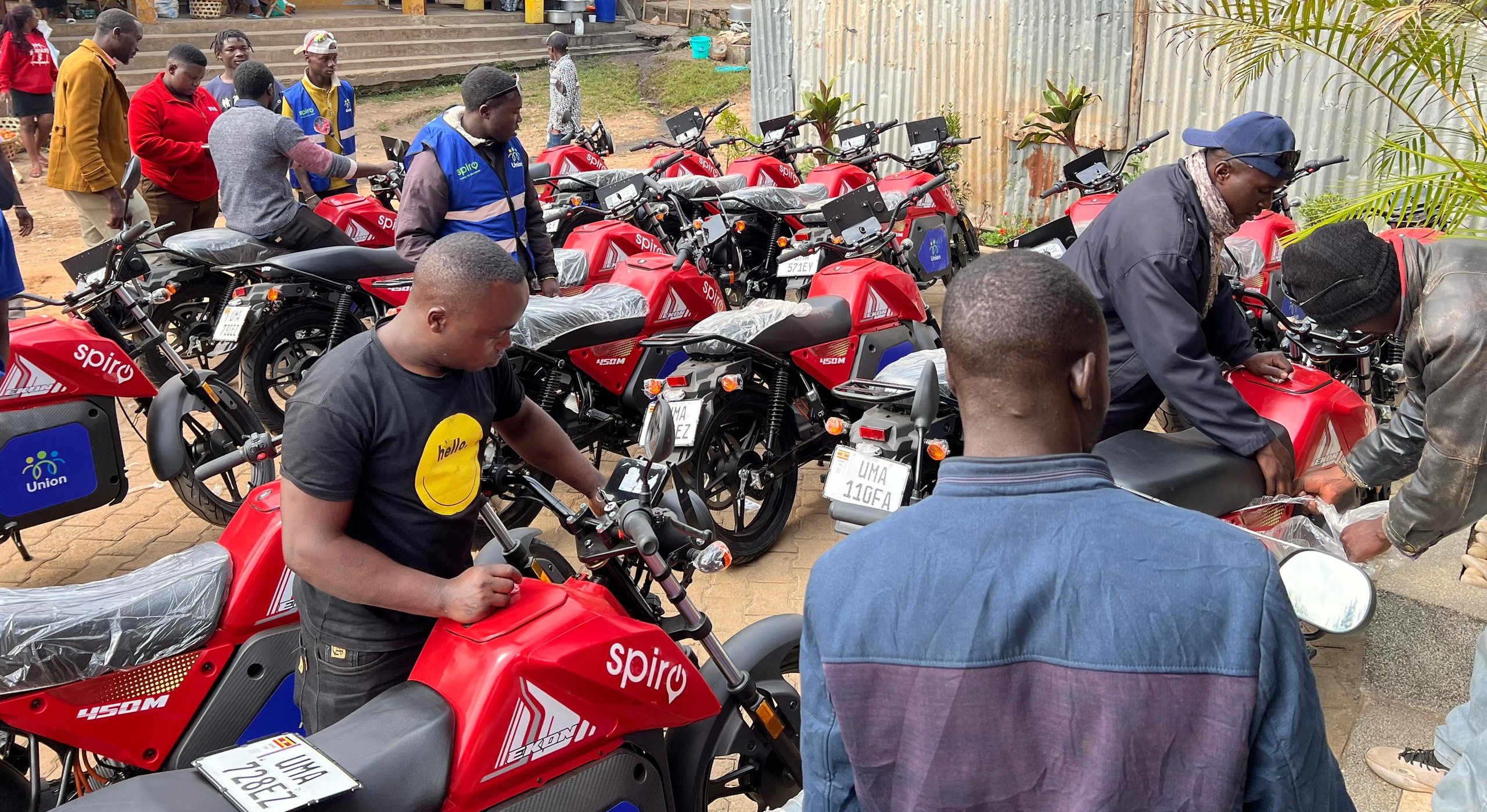
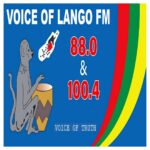 Voice of Lango
Voice of Lango

 Voice of Lango
Voice of Lango
30 October 2025, 6:59 pm
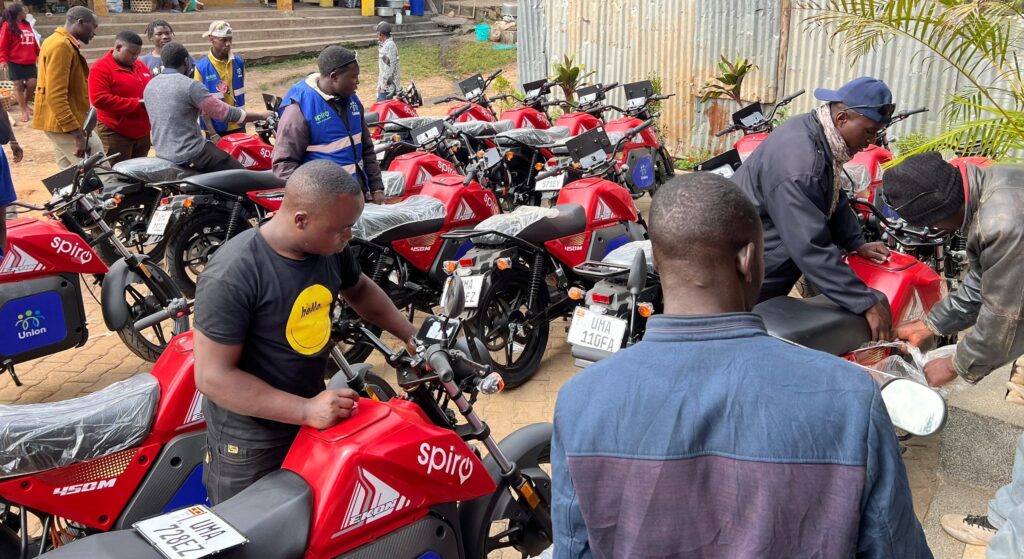
By Oboke Michael and Odota Adubango Mourine
An increasing number of boda-boda operators in Lira city is transitioning to electric motorcycles as part of the growing shift toward sustainable mobility.
These motorcycles are mainly distributed on loan by Spiro, an African electric vehicle manufacturing company in partnerhip with the Boda-boda union.
The rising demand for these motorcycles is largely driven by their affordability, minimal maintenance costs, and positive environmental impact.
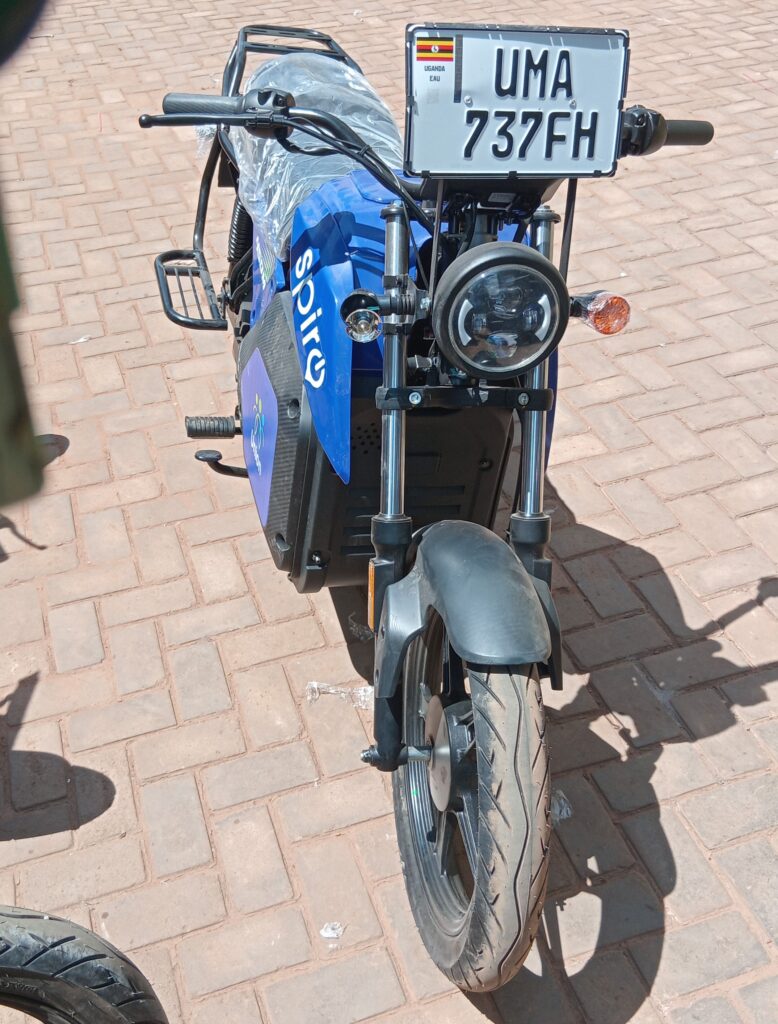
Voice of Lango conducted a mini-survey at various boda-boda stages in Lira City East and West Divisions and spoke to operators currently using the electric motorcycles.
Oscar Okite, who operates at Uhuru Bar Stage in Lira City East Division said he opted for an electric motorcycle because they are environmentally sustainable due to their zero carbon emissions, as they do not rely on fossil fuels.
He added that they are easy to maintain and accessible through affordable loan arrangements.
However, Okite raised concern about the limited number of battery swap stations, noting that this constrains their mobility and productivity, thereby reducing profits.
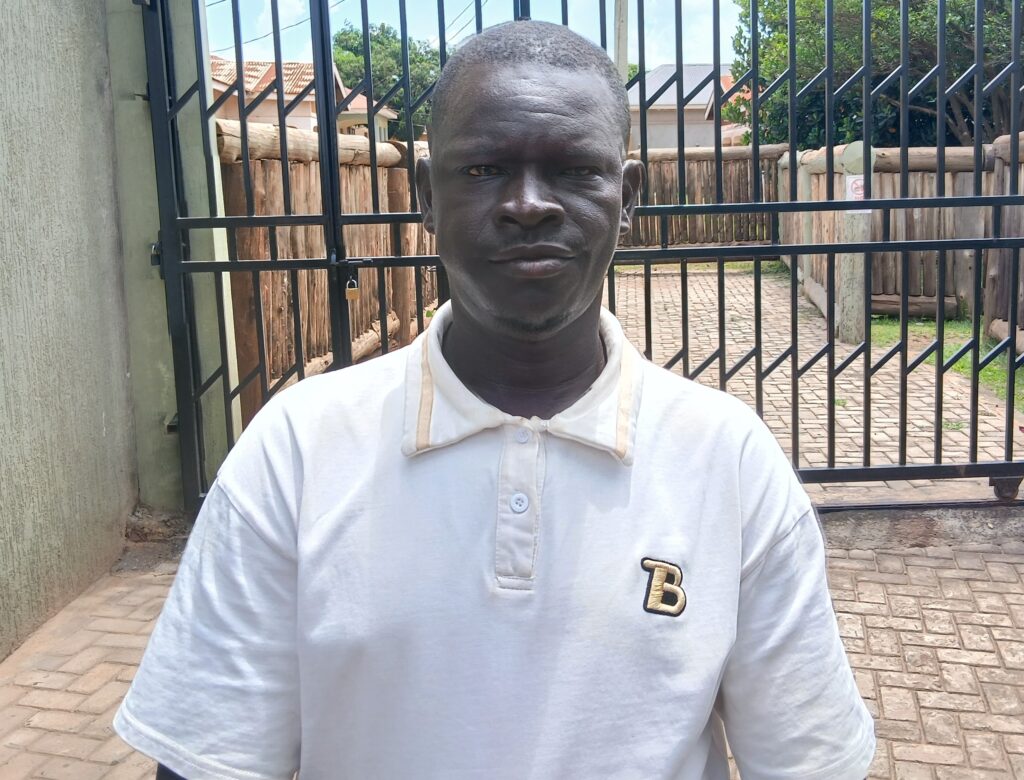
He appealed to Spiro to establish more swap stations to enhance operational efficiency and promote the transition to clean energy transport.
Obangakene Daniel, a boda-boda operator from Junior Quarters in Lira City West Division, said the electric motorcycles are affordable, energy-efficient, and require less mechanical maintenance.
Kenneth Egwar, another boda-boda operator at Corner Works in Lira City East Division, said the spare parts for electric motorcycles are more cost-effective compared to petrol-powered ones, helping riders save more for household welfare and sustainable livelihoods.
Ongom Patrick, a boda-boda operator from Corner Kakoge in Lira City West Division, said he chose to buy an electric motorcycle because of its affordability and advanced security features that help reduce theft risks.
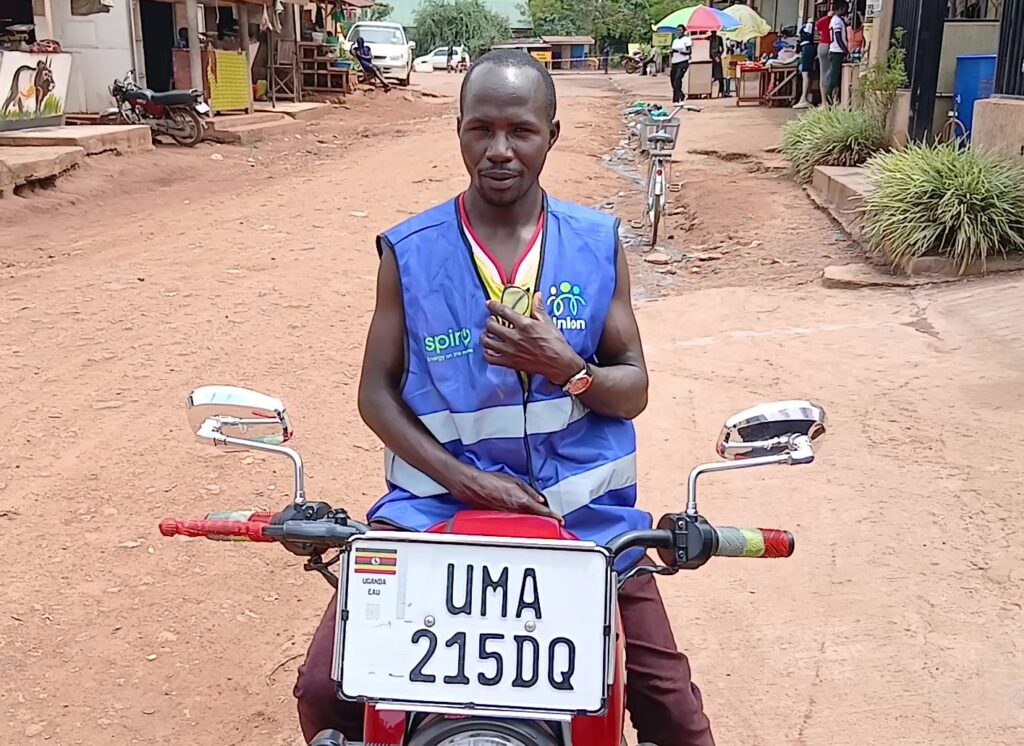
The Chairperson of the Lira United Motorcycle Boda-boda Association (LUMBA), Moses Okori, said the adoption of electric motorcycles is steadily increasing among boda-boda operators because of their affordability and contribution to climate-smart transportation.
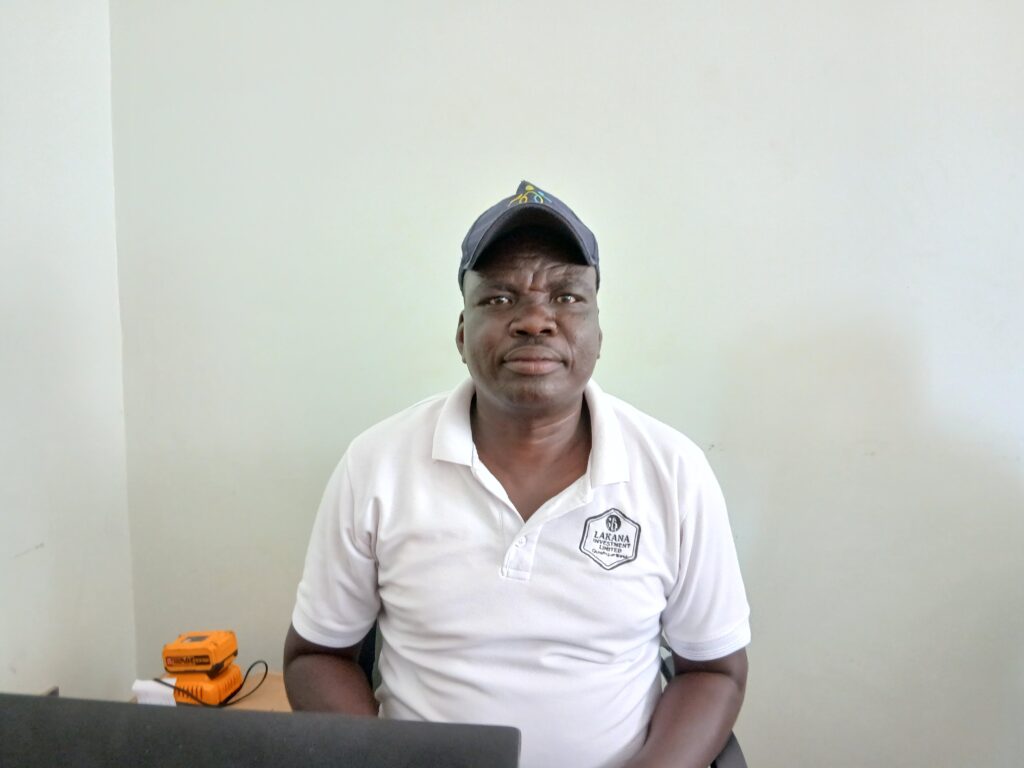
Okori, who also serves as the Lango Boda-boda Union Chairperson, explained that the motorcycles are accessed on loan with an initial deposit of Shs 268,000 and weekly payments of Shs 66,000 under a two-year repayment plan.
He revealed that since the launch of the loan program in Lango on July 29th, 2025, over 400 electric motorcycles have been distributed, and many more riders have shown interest in joining the clean mobility initiative.
Additionally, Okori said that he is in discussions with Spiro to set up more battery swap stations across the Lango subregion to promote sustainable transport and support the government’s green mobility goals.
Lira City Environment Officer and Energy Focal Point Person, Leonard Otika, said the Government of Uganda, through the Ministries of Energy and Mineral Development, and Works and Transport, is championing the transition from internal combustion engine vehicles to electric mobility as part of national climate mitigation efforts.
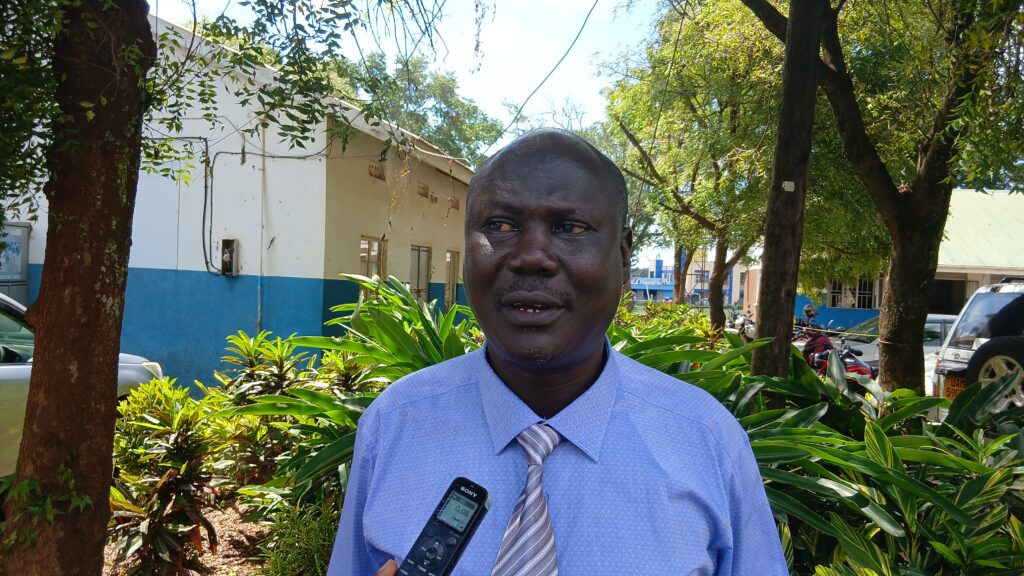
He emphasised that reducing fossil fuel use is critical in cutting toxic emissions, improving air quality, and safeguarding public health.
Lira City Senior Communications Officer, Robert Okello Ayo, said the city council will consider introducing an ordinance to fight pollution and pledged support for electric mobility to reduce carbon footprints within the city.
The Spiro electric motorcycles have a battery range of 75–80 kilometers before requiring a battery swap.
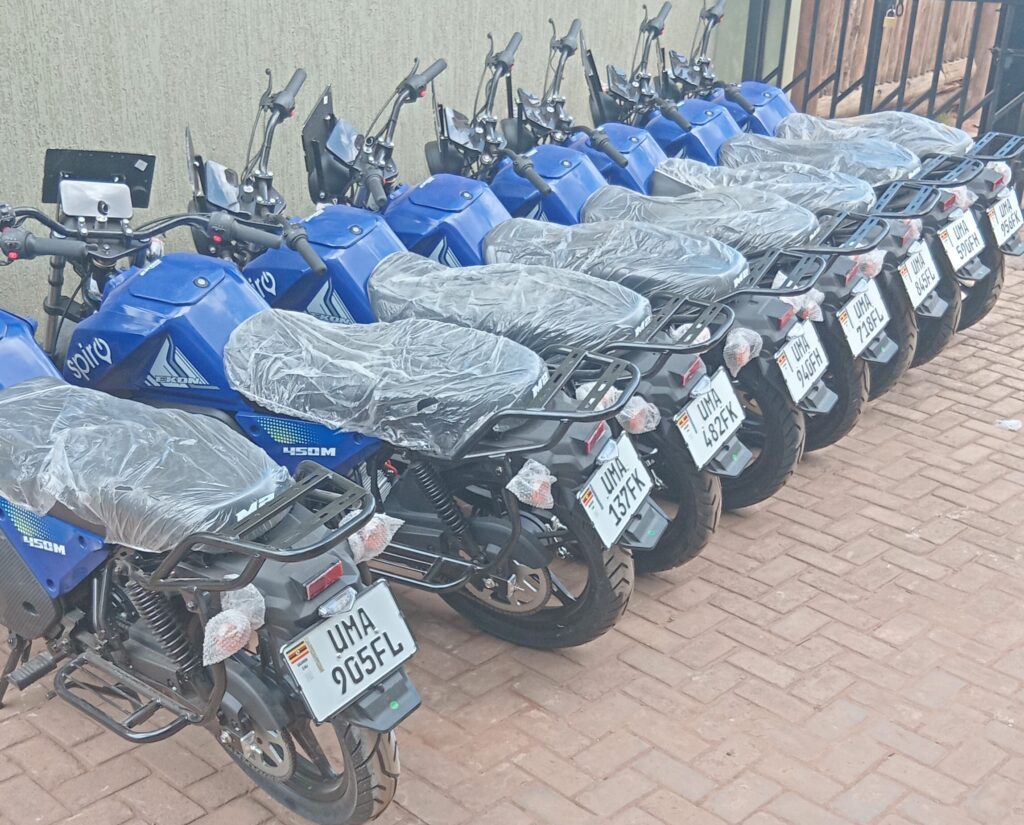
Founded in Kenya in 2019, Spiro operates in Uganda, Kenya, and Benin.
By February 2025, the company boasted of distributing 18,000 electric motorcycles, establishing 11 million battery swap stations, and achieving 428 kilometers of carbon-free transport.
Spiro aims to have two million electric motorcycles in circulation by 2030, contributing to global climate action targets and advancing several United Nations Sustainable Development Goals, including affordable and clean energy, sustainable cities and communities, climate action, and good health and well-being.